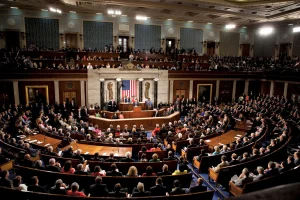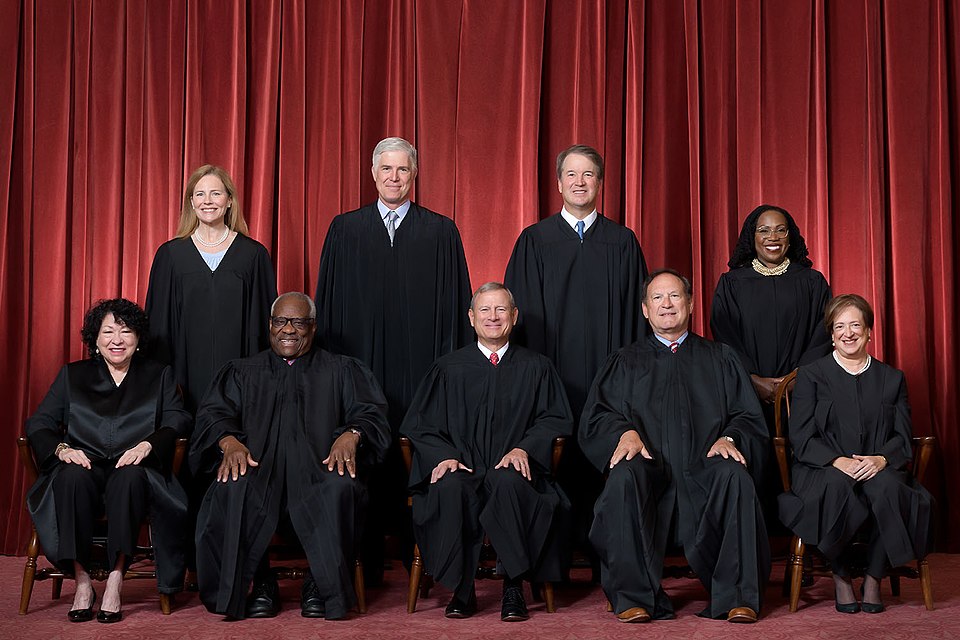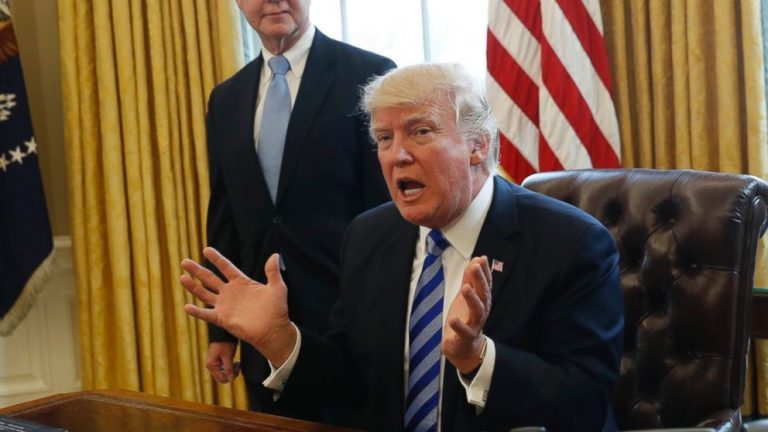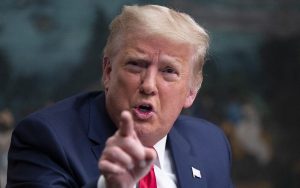Missouri’s 2022 election law overhaul is now facing its most consequential test yet. On Wednesday, the state’s highest court heard oral arguments in two separate but closely linked cases that will determine whether new voter identification rules and restrictions on voter registration efforts can remain in place.
At the center of the dispute is House Bill 1878, a sweeping election law passed by the Republican-led legislature nearly three years ago. It includes a strict photo ID requirement, criminal penalties for certain voter outreach practices, and new limitations on absentee ballot solicitation. Critics say the law is a thinly veiled attempt at voter suppression. Supporters argue it is essential for safeguarding election integrity.
The Missouri Supreme Court must now decide which parts of the law stand — and which, if any, must fall.
Case One: The Fight Over Missouri’s Photo ID Requirement
The first case the court heard challenges the section of the law that requires voters to present a government-issued photo ID to cast a regular ballot. A lower court upheld the requirement in 2023, but plaintiffs — represented by the ACLU of Missouri — want the high court to overturn that ruling.
Their core argument is that voters should not need to show a specific type of ID to vote, especially when obtaining those documents can be difficult, costly, or burdensome.
But before the justices even reached the constitutional question, they focused on something else: standing — whether the plaintiffs have legal grounds to bring the case in the first place.
Standing Takes Center Stage
During oral arguments, Judge Mary Russell pressed ACLU attorney Jason Orr on whether the individuals challenging the law were actually prevented from voting under the new requirement.
Orr acknowledged they did vote but said the law forced them to overcome unreasonable barriers.
“It’s not about whether they were ultimately able to vote,” Orr argued. “It’s about the abridgement of the right to vote — the obstacles they had to navigate, the time, the cost, the confusion, the burden.”
But Missouri Solicitor General Lou Capozzi countered that none of the plaintiffs could prove they were unable to vote as a result of the law.
“Although appellants claim that large numbers of people will be unable to vote under HB 1878, they could not present the trial court with a single person actually unable to vote due to the law,” Capozzi said.
Missouri voters themselves, he added, approved a constitutional amendment in 2016 that gave lawmakers authority to enact a photo ID requirement. That amendment passed with 63% support.
Capozzi argued that opponents raised the same concerns then — and voters rejected them.
Chief Justice Powell Pushes Back
Chief Justice W. Brent Powell challenged the state’s position. If the plaintiffs lack standing, he asked, how could a lower court ruling upholding the law be affirmed at all?
“That’s an argument the opposing counsel raises,” Powell said. “If there is no standing, how is it that we can affirm the lower court’s ruling that the bill is constitutional?”
The exchange suggests the court may be wrestling with whether procedural barriers should block substantive judicial review.
After the hearing, Missouri NAACP President Nimrod Chapel Jr. blasted the state’s defense of the law, saying it criminalizes ordinary civic participation.
“It’s surprising and shocking,” Chapel said. “The idea that you would stifle and criminalize the ability of people to request or suggest that other citizens participate in the voting process — it astounds me.”
If the Supreme Court upholds the lower court’s decision, Missouri’s photo ID requirement will remain intact for future elections.
Case Two: Restrictions on Registration and Absentee Outreach
The second case focuses on entirely different provisions of the same law. While the photo ID requirement survived the lower court, several other components did not.
A Cole County circuit judge struck down multiple restrictions on voter outreach, ruling them unconstitutional. The state is now appealing that decision.
At issue are provisions that:
-
Ban paying workers to collect voter registration applications
-
Require voter registration workers to be Missouri residents and at least 18 years old
-
Prohibit anyone from soliciting absentee ballot applications
-
Create new criminal penalties for violations
Supporters argue these measures prevent voter fraud and ensure orderly elections. Opponents say they directly interfere with political speech, civic engagement, and nonpartisan voter registration drives.
State Argues Restrictions Are Necessary for Fair Elections
Representing the state, attorney J. Michael Patton defended the challenged provisions as essential safeguards.
“There must be substantial regulation of elections if they are to be fair and honest, and if some sort of order is to accompany the democratic process,” Patton told the justices. “The challenged statutes are fundamental to guarding the democratic process.”
Patton argued that paying voter registration workers creates incentives for fraud or aggressive solicitation. Preventing out-of-state or underage volunteers from assisting with registration efforts, he said, helps ensure accountability.
He also defended the ban on soliciting absentee ballot applications, claiming it helps maintain the integrity of absentee voting.
ACLU: The Law Criminalizes Core Political Speech
The ACLU of Missouri sees the matter very differently. Attorney Kristin Mulvey argued that the provisions violate the First Amendment by targeting political expression and civic outreach.
“Encouraging someone to vote, register, or participate in democracy is core political speech,” Mulvey said. “Criminalizing that conduct chills civic engagement and restricts organizations that exist solely to help people participate in elections.”
The ACLU argues that restrictions targeting advocacy groups — particularly those that assist minority voters, rural voters, and first-time voters — create disparate impacts that effectively silence portions of the electorate.
In their view, the law does not promote election integrity; instead, it uses the guise of prevention to suppress legitimate activity.
A Law Shaped by Years of Political Battles
Missouri has been a battleground for voting rules for more than two decades. Legislators have repeatedly attempted to impose photo ID requirements, only to be blocked by courts.
At various points, state judges struck down earlier iterations of voter ID laws as unconstitutional burdens on the right to vote. The 2016 amendment, however, opened a new legal path for lawmakers.
The 2022 law represents the most sweeping election overhaul since those earlier battles.
Its supporters insist voter fraud — even rare instances — justifies stronger regulation. Its critics say the real goal is to shrink participation among groups less likely to vote Republican.
Now, with two key components of the law under review, the Missouri Supreme Court holds the final word.
What Happens Next?
The court is expected to issue its ruling in the coming months. The decisions could:
-
Uphold the photo ID requirement but strike down registration restrictions
-
Uphold both parts of the law
-
Strike down both
-
Remand one or both cases back to lower courts for additional fact-finding
Given the sharply different constitutional issues at stake, the outcomes may not mirror each other.
Election officials across Missouri are watching closely. Advocacy groups are preparing for either expanded outreach opportunities — if the lower ruling is upheld — or further legal challenges should the restrictions be reinstated.
The rulings will shape how Missourians register, vote, and participate in elections for years to come.

James Jenkins is a celebrated Pulitzer Prize-winning author whose work has reshaped the way readers think about social justice and human rights in America. Raised in Atlanta, Georgia, James grew up in a community that instilled in him both resilience and a strong sense of responsibility toward others. After studying political science and creative writing at Howard University, he worked as a journalist covering civil rights issues before dedicating himself fully to fiction. His novels are known for their sharp, empathetic portraits of marginalized communities and for weaving personal stories with broader political realities. Jenkins’s breakout novel, Shadows of Freedom, won national acclaim for its unflinching look at systemic inequality, while his more recent works explore themes of identity, resilience, and the fight for dignity in the face of oppression. Beyond his novels, James is an active public speaker, lecturing at universities and participating in nonprofit initiatives that support literacy and community empowerment. He believes that storytelling is a way to preserve history and inspire change. When not writing, James enjoys jazz music, mentoring young writers, and traveling with his family to explore cultures and stories around the world.









